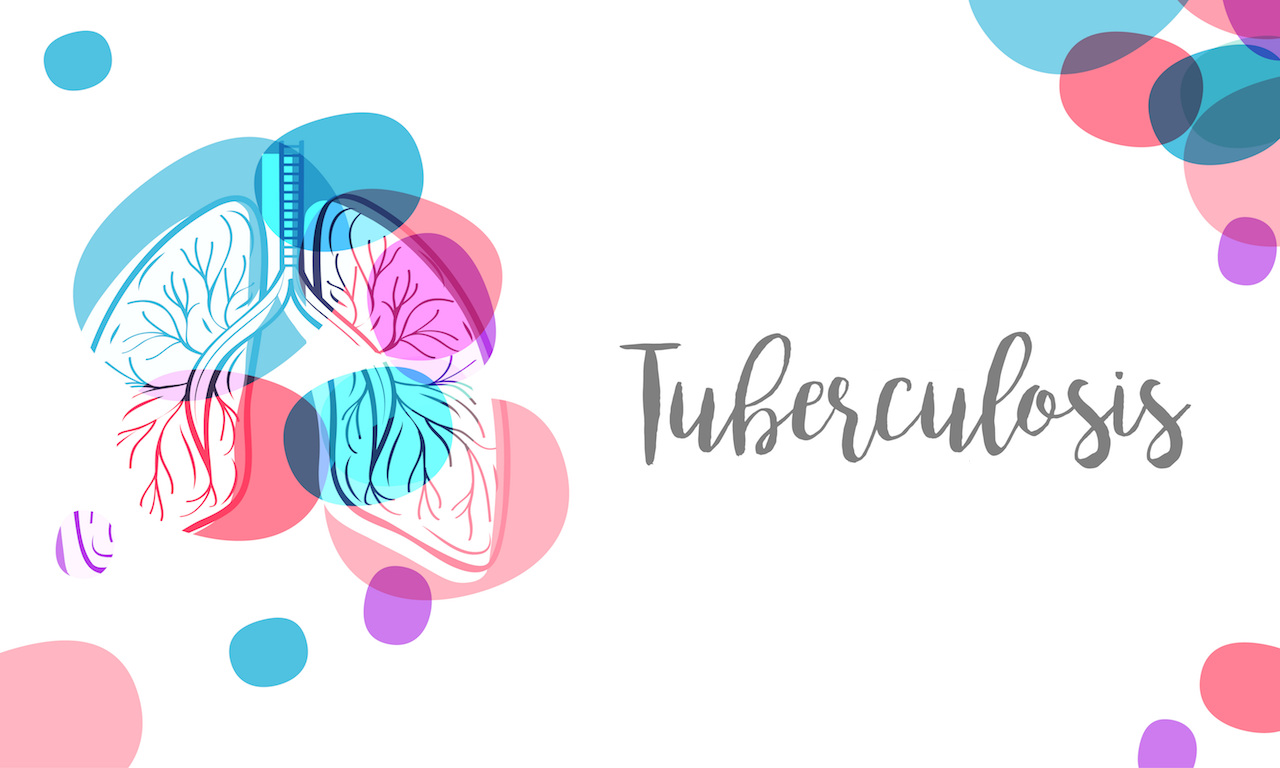For some reason, many of us tend to think of rib injuries as all-encompassing – we need medical attention right now! In some cases, yes. But rib injuries can be slight too, sometimes caused by something as simple as a cough, a bump or bruise.
The most obvious sign of a bruised rib is difficulty or pain when you breathe in. It might feel like you can’t take deep, substantial breaths. You may even notice swelling or tenderness in your chest and bruising on the skin.
Bruised ribs
The cause of your bruised ribs is a blow to the chest which pushes the ribs against the surrounding muscles. Bruised ribs are painful, but fortunately, they are able to completely heal. Blunt injuries to the rib cage through the chest may be sports-related, caused by a car accident, falling or an assault. But it can be something as small as bumping your chest against something at home.
If it is a rib injury, you’re more likely to feel pain when you sneeze, move, breathe or laugh, and tenderness and pain over the injured area.
Take care
Unfortunately, some sports injuries aren’t preventable. This is why it’s always important to wear the right protective gear when you’re being active.
If your injury isn’t serious enough to put you in hospital, you can still take care of yourself at home.
- You will need to get some rest and have support around your rib cage. Apply an ice pack regularly to reduce swelling and pain. Be sure to wrap the ice pack in a cloth before placing it to your injured area. Over-the-counter pain medication may help ease pain and inflammation.
- If you have kidney, liver or heart disease, high blood pressure, or had stomach ulcers or internal bleeding in the past, speak to your doctor before taking any medication.
- Broken ribs can’t be set in a cast, so you need to get treatment for your injuries to relieve the pain while your injury heals. While you heal, avoid unnecessary movements that may put painful pressure on your ribs. This doesn’t mean you must sit down indefinitely though! Walk around your home, do normal chores – but no heavy lifting.
- It may hurt to breathe deeply, but you need to practise slow deep breathing and gentle coughing exercises at least every few hours. You can hold a pillow or rolled-up towel against your ribs to relieve the pressure. Be sure to take your pain meds first.
Call your doctor if you have:
- Pain that doesn’t allow you to cough or take a deep breath.
- Shortness of breath.
- Side-effects from medication like nausea, vomitting, and developing a rash.
- Fever.
- A cough or increase in mucus that you cough up.
A complete recovery may take up to three to four months or more if the rib has been torn from the cartilage, so the main thing you’ll need to recover fully, is patience!
References:
- https://medlineplus.gov/ency/patientinstructions/000539.htm
- https://patient.info/health/rib-injuries
- https://www.betterhealth.vic.gov.au/health/conditionsandtreatments/rib-injuries
- https://www.epainassist.com/chest-pain/ribs/rib-cartilage-injury-or-rib-cartilage-fracture
- https://www.aliem.com/2015/06/rib-fractures-in-older-adults-whats-the-big-deal/


